On behalf of our statewide network of five River Detectives coordinators I’d like to welcome you to the 2025 River Detectives program. You are part of a passionate cohort of 98 like-minded schools/youth groups learning about waterways and catchments, supported by knowledgeable coordinators to make sure you get the most out of the program in your unique setting.
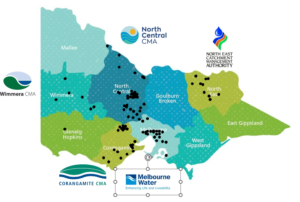
Let me introduce you to the team:
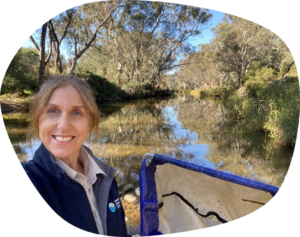 Nicole Howie, supporting North Central CMA region schools (with a small role as statewide coordinator)
Nicole Howie, supporting North Central CMA region schools (with a small role as statewide coordinator)
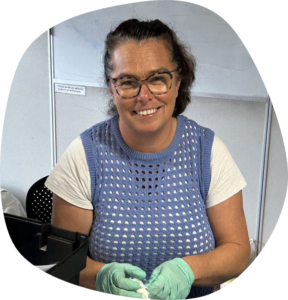 Bec McCristal, supporting Corangamite CMA region schools
Bec McCristal, supporting Corangamite CMA region schools
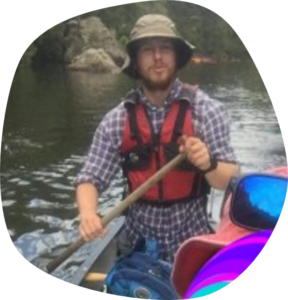 Blair Yates, supporting North East CMA region schools
Blair Yates, supporting North East CMA region schools
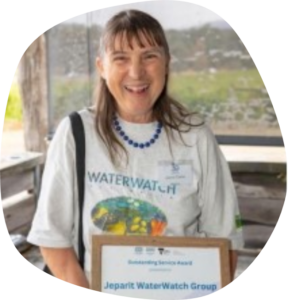 Jeanie Clark, supporting Wimmera CMA region schools
Jeanie Clark, supporting Wimmera CMA region schools
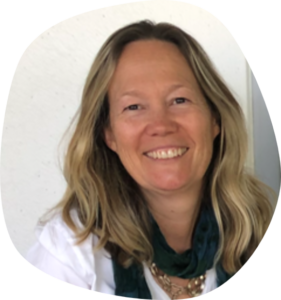 Marita Tripp, supporting Melbourne Water schools
Marita Tripp, supporting Melbourne Water schools
Coordinators collaborate together to ensure key values of the program are maintained and key experiences are available to all participants however slightly different delivery models will operate in each region dependent on available funding and capacity.
We thank ResourceSmart Schools for partnering with us to offer extra opportunities for those schools that are participating in BOTH River Detectives and RSS. If you would like to sign up to RSS to boost sustainability support to your school, head to Become a ResourceSmart School | Sustainability Victoria or chat to your RD coordinator (above).
Communication: The main line of communication is directly between yourself and your RD coordinator but from time to time you may receive email notification of a Billabong Banter post like this. We may share upcoming events, grant opportunities or statewide updates. Events and grant opportunities are only gentle suggestions to complement your River Detectives learning – never compulsory.
We are working hard to ensure Billabong Banter can also facilitate sharing by you so you can post your own photos, learnings and questions – stay tuned.
Sharing your River Detectives journey: If you are sharing River Detectives stories, learnings, data, etc on social media we’d love you to tag your provider so we can see what you’re up to eg @northcentralcma @corangamitecma @wimmeracma @northeastcma @melbournewater
Introductory PD session nuggets: Some of these tips came out of our north central PD sessions and I thought they were useful to share:
- you don’t have to start doing all five water quality tests right from the get-go. You might introduce them one at a time and only complete all five tests in a session once you and your students are feeling more confident (when entering your data online, you can click ‘skip test’ for those you don’t do)
- you can use your kit opportunistically at your site when interesting events occur eg. heavy rainfall, on-site works upstream, etc. Data collection does not need to be at regular intervals. Seize the opportunity to test at other times too.
- you can use your kit to test other samples eg. have your students bring in water samples (in clean containers) from other creeks, dams, lakes, wetlands, tanks, bores, etc for testing at school. This data won’t be uploaded but it will make for interesting comparisons.
- you can use your kit to experiment eg add different amounts of sediment to jars of water to see how turbidity levels change, add different amounts of salt to jars of water to see how electrical conductivity changes.
- the Riparian Zone poster found on the website is a great graphic to colour print at A3 size and have on hand. Lots of discussion can be had about the way different factors influence the five tests and how those results then impact water quality, aquatic flora/fauna and communities.
- when testing electrical conductivity, high salt levels can trigger the EC meter to display results as a decimal number eg 3.5 This DOES NOT mean a low reading of 3.5. This result must be multiplied by 1000 to become 3500. This is not mentioned in the field manual so is important to note.
- we encourage you to share your River Detectives learnings but be mindful not to ‘point the finger’ at particular industries/landowners upstream indicating that they may be to blame.
- The five water quality tests River Detectives schools do are ‘western’ or ‘modern’ ways of assessing river health. An interesting discussion to have with students would be wondering what ways First Nations people would have assessed river health . . . .
Have a happy and safe school holiday and Easter break xx
Nicole